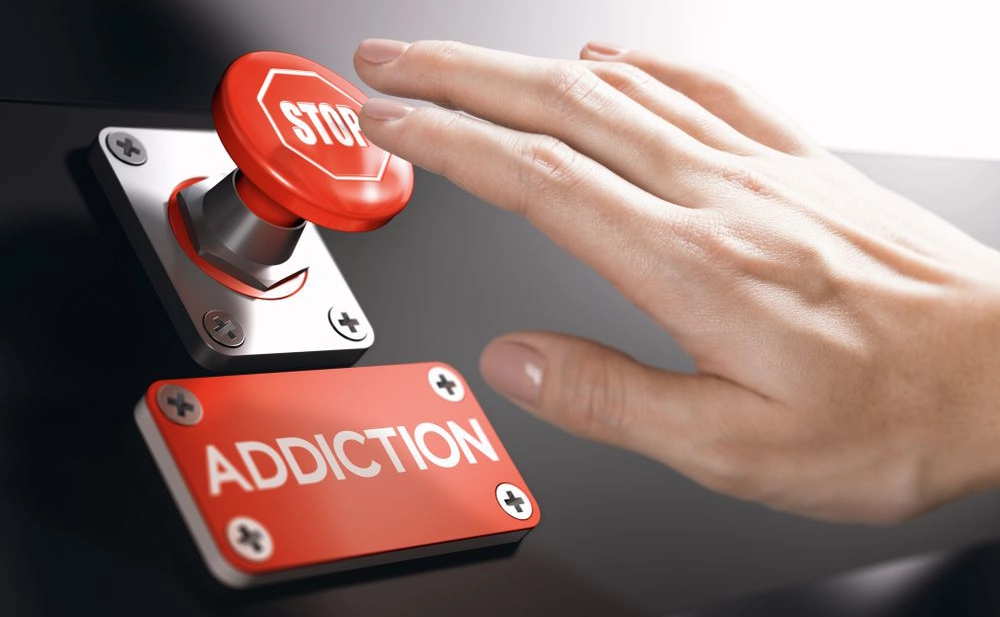Having a loved one who is struggling with an addiction can sometimes be very tricky. You may think that you are helping, but in reality, you are exhibiting the classic signs of enabling addiction. Instinctively, out of love and compassion, you will want to try and help them. However, trying to help a loved one who is an addict can sometimes cause more harm than good.
Such actions can be dangerous for the person you are trying to help. Sometimes, these actions may mean that your loved ones can’t get treatment for their addictions. To prevent this, it is essential that you recognize the signs that indicate that you may be enabling an addiction.
Substance abuse does not only affect the person who is addicted. It also affects the lives of the people around the addict. Due to the overwhelming feelings that addiction can cause, it is not uncommon for people to start enabling their loved ones.
Identifying the signs that you may be enabling an addiction can be challenging if you don’t know where to look. In fact, most indicators are so subtle that they are easy to miss. The truth is most people who are enabling an addict have no idea that they are doing so! However, as addiction treatment experts, we can help you identify the signs that you may be enabling an addiction. In this blog, we will explore the classics signs that show you may be an enabler. But first, let’s take a look at the concept of enabling an addiction.

Who Is An Enabler?
A lot of people believe enabling an addict is all about giving the person money for drugs or a place to sleep. However, it runs deeper than that. If you delay the moment when an addict is supposed to confront the full gravity of their condition, then you are enabling their addiction.
That being said, an enabler is anybody who assists another to persist in self-destructive behaviour. For this article, the self-destructive behaviour being discussed is an addiction. Such a person can enable by providing excuses or helping the addict avoid the consequences of their actions.
Enabling an addict does not mean that you do not love them. In fact, most times, your heart may be in the right place. You genuinely want to help the person. However, you are inadvertently making matters worse. This is because you will only postpone a crisis that will have spurred the addict on to change.
In the next section, we will be giving you some characteristics of enablers. These signs will help you come to terms with the fact that you may be enabling an addiction.
The Simple Signs That You May Be Enabling an Addiction
Realizing that you are enabling an addict can be very painful. If you are starting to question how you relate with an addicted person in your life, then you are taking a brave step. The faster you realize you are an enabler, the quicker your loved one can get help for their condition. Here are some signs that you may be enabling an addiction.
Ignoring unacceptable or dangerous behaviour
If you ignore specific behaviour from an addict, then you may be enabling such action. Ignoring certain traits of an addicted person falls right in the ballpark of denial. You may tell yourself that ‘they didn’t mean to’ or ‘it isn’t that bad’ but the truth is you are enabling such a person.
Dangerous and unacceptable behaviour always accompanies drug users. From the illegal purchase of drugs to using drugs, there are multiple risks involved. So, if you are ignoring behaviours such as lying, stealing or even the use of said drugs, you are already enabling an addiction. If you want to know to stop being an enabler, you will have to confront your addicted loved one.

Providing financial assistance
One of the signs that you may be enabling an addiction comes in the form of financial assistance. Sure, it may seem like there is nothing wrong with financially helping out a loved one if you can afford it. But if they spend that money recklessly, particularly on drugs, then it means you are enabling them.
Sometimes it may not be through cash but in the form of payment for bills and loans. In this case, they keep their own money to spend on drugs and whatnot. Addiction to substances does not come cheap. Therefore, if you are providing a constant supply of cash, then you are encouraging an addict to keep using.
Making excuses
This is one of the more common signs of enabling an addict. When you love a person, addict or not, it is only rational to want to protect them from the consequences of their actions. This can include making excuses for them to other people such as friends, employers and even family.
However, if you are making excuses due to indiscriminate substance abuse, then you are enabling such a person. Making excuses for addicts will keep them safe from any repercussions that will otherwise push them to get better.
Understandably it is tempting to want to make excuses for loved ones to keep from being judged harshly. But, doing this will not help them get better. Instead, your actions may send a message that there is nothing wrong with them.
Putting their needs ahead of yours
If you continuously miss out on things you want or need because you are taking care of an addicted loved one, you may be enabling such a person. You may think that you are just making sacrifices for the person you care about.
But is that the case? What is the real reason you are skipping out on what you need? We are not saying every sacrifice you make enables your loved one. But, if you constantly struggle because of the help you are giving to a loved one that has an addiction, then you need to review your decisions.
Simply answer this question. Do the sacrifices that you make promote their addictive behaviour? If the answer is yes, you may have to leave the job to professional addiction treatment services.
Relaxing on consequences
If you do not follow through on the consequences that you state, then you may be creating more problems for your addicted loved one. When you determine the repercussions of actions, you must follow through on them. If not, your loved one will get the message that nothing will happen when they keep flaunting your instructions.
Furthermore, such a person will start taking advantage of you because they feel like you cannot stop them. When you are lenient with consequences, your words become an empty threat. In doing so, you are enabling an addict.
In conclusion
Knowing the signs that you may be enabling an addiction is the first step to kicking that behaviour. To understand how to stop being an enabler, you need to know what you are doing wrong. Hopefully, we have been able to show you the various signs that make you an enabler.
Related article: Why Social Support for Addiction Recovery is Important







